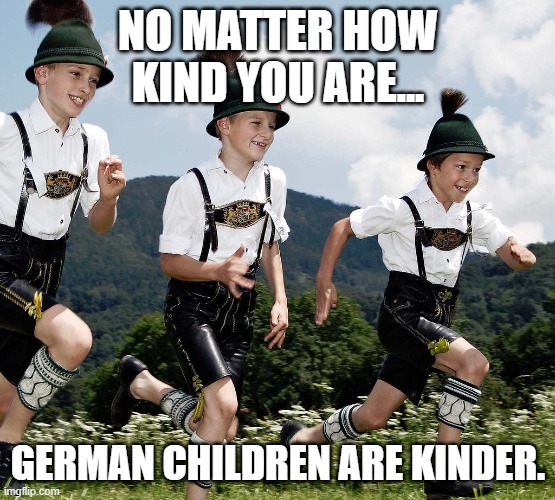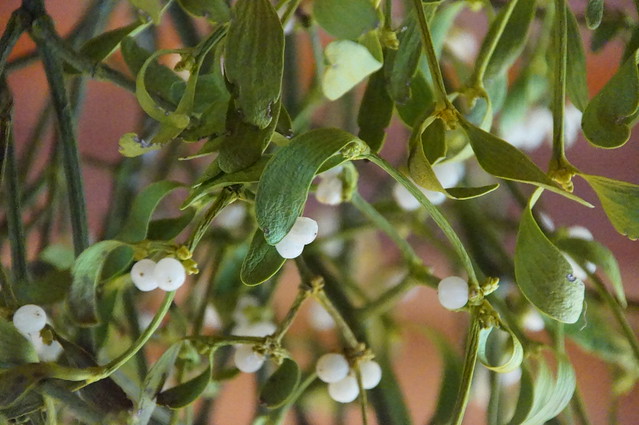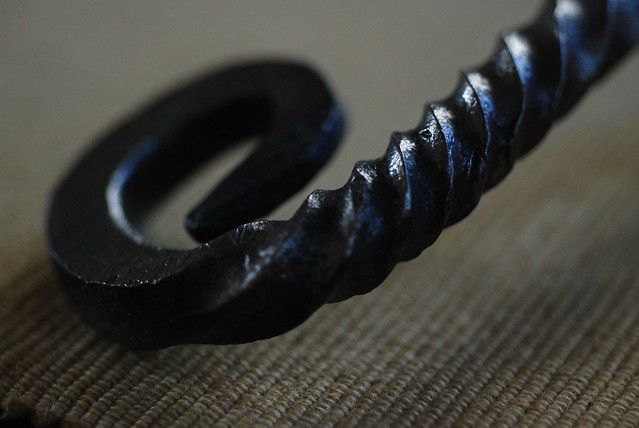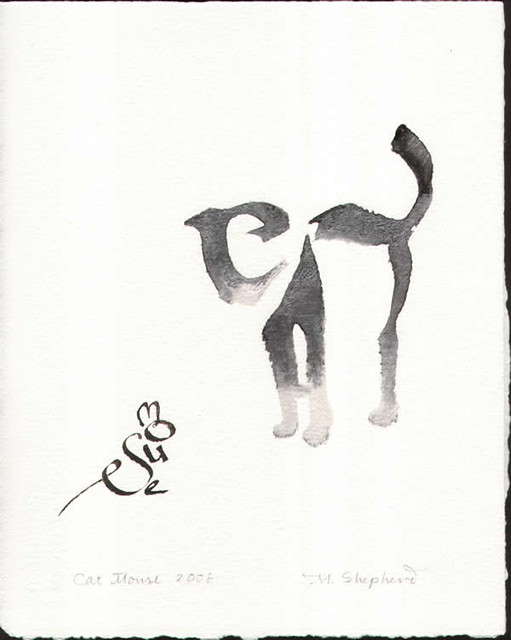What links the Italian word palco (stage), with words like balcony, plank and block? Let’s find out.
Palco [ˈpal.ko] means platform, stand, layer, (theatre) box, stage, antler in Italian. Related words include palchetto (shelf, sidebar, upper tier box), palchettista (boxholder – ticket holder for the gallery or an upper tier box [in a theatre]), palcoscenico (stage), sottopalco (understage (area), backstage), and spalcare (to dismantle scaffolding, to prune or lop [trees]) [source].
It comes from Lombardic palk (stand, stage), from Old High German balko (beam), from Proto-West Germanic *balkō (beam, balk), from Proto-Germanic *balkô (beam, balk), possibly from Proto-Indo-European *bʰelǵ- (beam, plank), or from PIE *bʰelǵʰ- (to swell) [source].
The English word balcony comes from the same roots, via Italian balcone (balcony, floor-length window), Old Italian balcone (scaffold), Lombardic *balk(o) (beam), Proto-Germanic *balkô (beam, balk), etc [source].
Plank also shares the same roots, but arrived via Middle English plank(e) (plank, counter, tablet, prop), Old French planke (plank, board), Late Latin planca (slat, plank), from Latin palanca (slat, plank, stake), from phalanga (wooden roller, carrying pole), from Ancient Greek φᾰ́λᾰγγᾰ (phắlăngă – phalanx, battle order), from φάλαγξ (phálanx – line of battle, phalanx, main body, trunk, log, beam), from PIE *bʰelǵ- (beam, plank) [source].
Block comes to us from Middle English blok (log, stump), from Old French bloc (log, block), from Middle Dutch blok (treetrunk), from Old Dutch *blok (log), from Proto-West Germanic *blokk (block, log), from Proto-Germanic *blukką (block, log, beam), from PIE *bʰelǵ- (beam, plank) [source].
Other words from the same roots include balk, bulk, fulcrum and phalanx in English, balk (beam, solid support) in Dutch, Balken (beam, bar) in German, balcão (counter, balcony) in Portuguese, and folcire (to support, sustain, guide, direct), fulcro (fulcrum, pivot,crux, core, thrust) and falca (gunwhale) in Italian [source].











